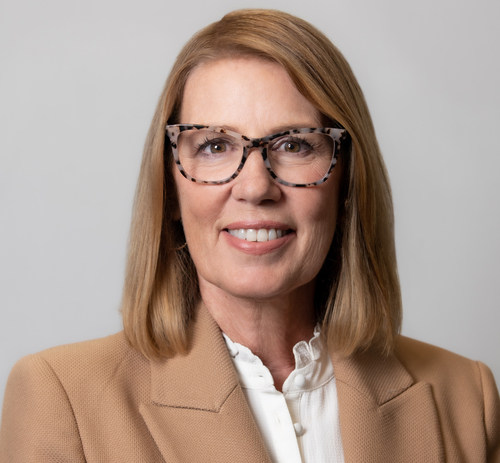New York’s Highest Court Rules State Ethics and Lobbying Regulator Passes Constitutional Muster
By Karl J. Sleight , Joan P. Sullivan
February 19, 2025 |
Client Alerts
By the narrowest of margins, the New York Commission on Ethics and Lobbying in Government (“COELIG”) fended off a separation of powers challenge brought by former Governor Andrew Cuomo. The Court of Appeals, in a 4-3 decision in Cuomo v. COELIG, upended decisions by trial-level, and mid-level appellate courts that found flaws with the constitutional makeup of COELIG and in favor of the former governor.
COELIG serves as the regulator for state and local lobbying activity, the repository for periodic reports filed by clients and their lobbyists, conducts random audits of these reports, and includes an enforcement arm to police conduct related to the state’s Lobbying Act. COELIG also oversees New York’s public sector ethics laws, in which it provides confidential guidance to public sector employees, serves as the repository for thousands of annual financial disclosure statements filed by state officers and employees, and conducts enforcement actions against state employees who breach the ethics laws.
The impact of the decision provides a level of stability to COELIG, which has operated under a cloud of active litigation and questions concerning their long-term viability. COELIG is the latest iteration of New York’s ethics and lobbying regulator, which was created in 2022 by Governor Hochul and the State Legislature after its predecessor agency, the Joint Commission on Public Ethics (“JCOPE”), was severely criticized as being politicized and for lax enforcement.
The close decision by the Court of Appeals turned on the importance of public integrity and trust in government and on the nuances of the separation of powers doctrine. Writing for the majority, Judge Jenny Rivera held that “Public corruption and the misuse of power leads to public distrust in government and its officials.” Judge Rivera concluded, “Here, however, the branches [of government] are not dealing with the common problems of governing by which elected officials regularly pass and enforce laws to improve New Yorkers’ lives – such as, for example, the health code or sanitation rules - but rather with a means to ensure the foundational precept of a government for the people. The Act seeks to achieve that singular and paramount goal.”
The Cuomo v. COELIG litigation was limited to the constitutional structure of COELIG. With that issue now settled, the investigation into the Cuomo book matter is revived and appears ready to continue as an administrative case within the existing COELIG process. In that proceeding, barring new litigation on other issues that may forestall it, COELIG is able to review the circumstances surrounding the reported $5.1M publisher’s advance the former governor received for his book recounting his role in handling the COVID pandemic.
Karl Sleight, a partner at Lippes Mathias, was the former Executive Director of the New York State Ethics Commission and Joan Sullivan, also a partner with Lippes Mathias, was in counsel’s office with the Commission on Public Integrity. For any questions about this or any related matters, contact them at ksleight@lippes.com and jsullivan@lippes.com, respectively.
Karl Sleight, a partner at Lippes Mathias, was the former Executive Director of the New York State Ethics Commission and Joan Sullivan, also a partner with Lippes Mathias, was in counsel’s office with the Commission on Public Integrity. For any questions about this or any related matters, contact them at ksleight@lippes.com and jsullivan@lippes.com, respectively.




